
A woman in her early 20's reached out to me, her chief complaints being the inability to manage her emotions, a debilitating fear of abandonment, persistent feelings of emptiness and loneliness, depressed mood, headaches, and a profound decrease in the ability to concentrate. Working together, we started delving into her past, and the tragic truth came to the surface: She had been sexually abused at the age of seven by a person who had her parents’ trust and who served as her secondary guardian. She kept it a secret from everyone; not even her parents knew what had happened to their daughter.
Unfortunately, such stories are innumerable. Sexual abuse is a horrendous crime against children. Due to the fact that it is most frequently committed by family members and close friends, it is vastly underreported and routinely goes unpunished in our culture. Another factor that contributes to the underreporting of such crimes is the stigma surrounding sexual abuse. In fact, stigma is one of the greatest challenges that survivors have to face. Many survivors blame themselves for the abuse they were subjected to as children; they feel guilty for anything and everything bad that happens to them. I cannot help but think that survivors of sexual abuse bear this additional burden because our society has the propensity to blame victims, rationalize the actions of criminals, and downplay the severity of the trauma caused by going through such devastating experiences at a young age.
Effects of Sexual Abuse on Mental Health
The effects of sexual abuse on a person’s mental health can be severe and long-lasting. Sexual abuse survivors frequently go through a wide spectrum of emotional, psychological, and behavioral reactions that vary in severity and duration from individual to individual. According to research (Mullen, P. et al. 721-32), there is a significant relationship between child sexual abuse and poor mental health. Post-traumatic stress disorder (PTSD), depression, anxiety disorders, dissociation, substance abuse and/or addiction, sexual dysfunction, self-esteem problems, and difficulties building and/or maintaining relationships are but just a few of the common consequences of sexual abuse that affect individuals’ mental health. These can isolate survivors and deter them from seeking help.
It is important to note that each survivor’s experience of trauma is different. Sometimes the psyche, in order to protect itself from the harrowing memories and emotions stemming from the traumatic event, represses said event. Nevertheless, even if there is no obvious presentation of the symptoms or behaviors listed above, this does not mean that the person has not been traumatized. Our understanding of trauma and the way it manifests itself continue to evolve as more and more people gain the courage to speak out about their experiences and agree to participate in research studies.
Behavioral Aspects
Sexual abuse is an invisible wound that tends to have a grievous impact on survivors’ mental health. Complex trauma, a type of trauma brought on by prolonged and repeated exposure to distressing situations, is a problem with which survivors frequently struggle. Complex trauma results in hypervigilance, a persistent feeling of threat, and flashbacks. Physical, emotional or environmental triggers can provoke strong emotional reactions. In an effort to cope with overwhelming emotions, survivors may engage in such maladaptive behaviors as substance abuse, self-harm, disordered eating, and/or other dysfunctional ways of trying to keep difficult feelings at bay. Although they may offer short-term respite, these habits only exacerbate mental health issues and add hurdles on the path of healing.
Revictimization
Revictimization is a concept that refers to being subjected to abuse at a later stage in life. People who experienced sexual abuse as children are two to three times more likely to experience abuse again as adults. Childhood sexual abuse often affects how adults understand warning signs, how they think about power and trust in relationships, and how they anticipate other people to behave in certain situations.
Prevention of Sexual Abuse
Education and Awareness: I recently watched a Bollywood movie called OMG 2. The plot of the movie deals with a topic that the majority of people in our society are reluctant to discuss. When we were children, our parents frequently warned us not to play with fire, not to talk to strangers, to use the sidewalk, to look right, then left, then right again before crossing the road. But our parents never talked with us about sex. A lot of conversations about child sexual abuse focus on the experiences of female children as the targets of male sexual abusers. Whereas the proportion of male sexual abusers is vastly greater than that of female ones, male children are not immune to being victimized; boys can be just as vulnerable as girls. It is just that boys may be even more reluctant to disclose the fact that they are being abused than girls.
Provide every child with age-appropriate sex education.
Teach them about their fundamental rights as humans, about bodily autonomy, and teach them self-defense skills if a caregiver is not always readily available.
- Early intervention:
By recognizing and dealing with adults’ dubious attitudes, actions, and/or questionable situations in which they tend to get involved as soon as those arise, abusive behavior can be prevented. - Listening and Believing:
If a survivor confides in you, listen to them without passing judgment and believe their story. In order for them to be able to trust you enough to share such sensitive experiences, it is essential to establish a safe and secure environment and to demonstrate empathy and understanding.
Treatment
A multifaceted approach, sensitivity, and compassion are indispensable components of the challenging process of treating the survivors of sexual abuse. It is crucial to keep in mind that every survivor’s experience is different, and treatment should be tailored to the needs and circumstances of each individual. A mental or emotional injury has a better chance of healing if it is treated promptly, just like a physical injury.
By taking the time truly to understand the psychological impact of sexual abuse, we can promote the well-being and resilience of survivors, encourage healthy coping strategies, and cultivate a supportive environment. To address the complex relationship between sexual abuse and mental health, it is vital to stress the importance of obtaining professional assistance, speaking out, and creating a caring community where every survivor gets the solace that they deserve.
Conclusion
The impact of sexual abuse on mental health is profound and manifold. Although the road to rehabilitation for survivors is often a long, winding, and difficult one, it is of the utmost importance to remember that recovery is possible. We can promote the well-being and resilience of survivors by learning about the psychological impact of sexual abuse, engaging in open conversations, fostering a protective environment, and emphasizing the helpfulness of healthy coping skills. It is of paramount importance to remember that the complicated relationship between sexual abuse and mental health must be addressed by obtaining professional assistance, speaking out, and creating a supportive community.
If you or someone you know is a survivor of sexual abuse and is struggling with the emotional effects of that experience, do not hesitate to seek the assistance of mental-health professionals, especially psychiatrists and clinical psychologists who have experience with dealing with trauma and abuse-related issues.
1098 is the Child Helpline number operated by the Child Workers Concerned Center in Nepal (CWIN).
Mrs. Gita Limbu Dewan is a clinical psychologist at Rhythm Neuropsychiatry Hospital and Research Center, Ekantakuna Road, Lalitpur.

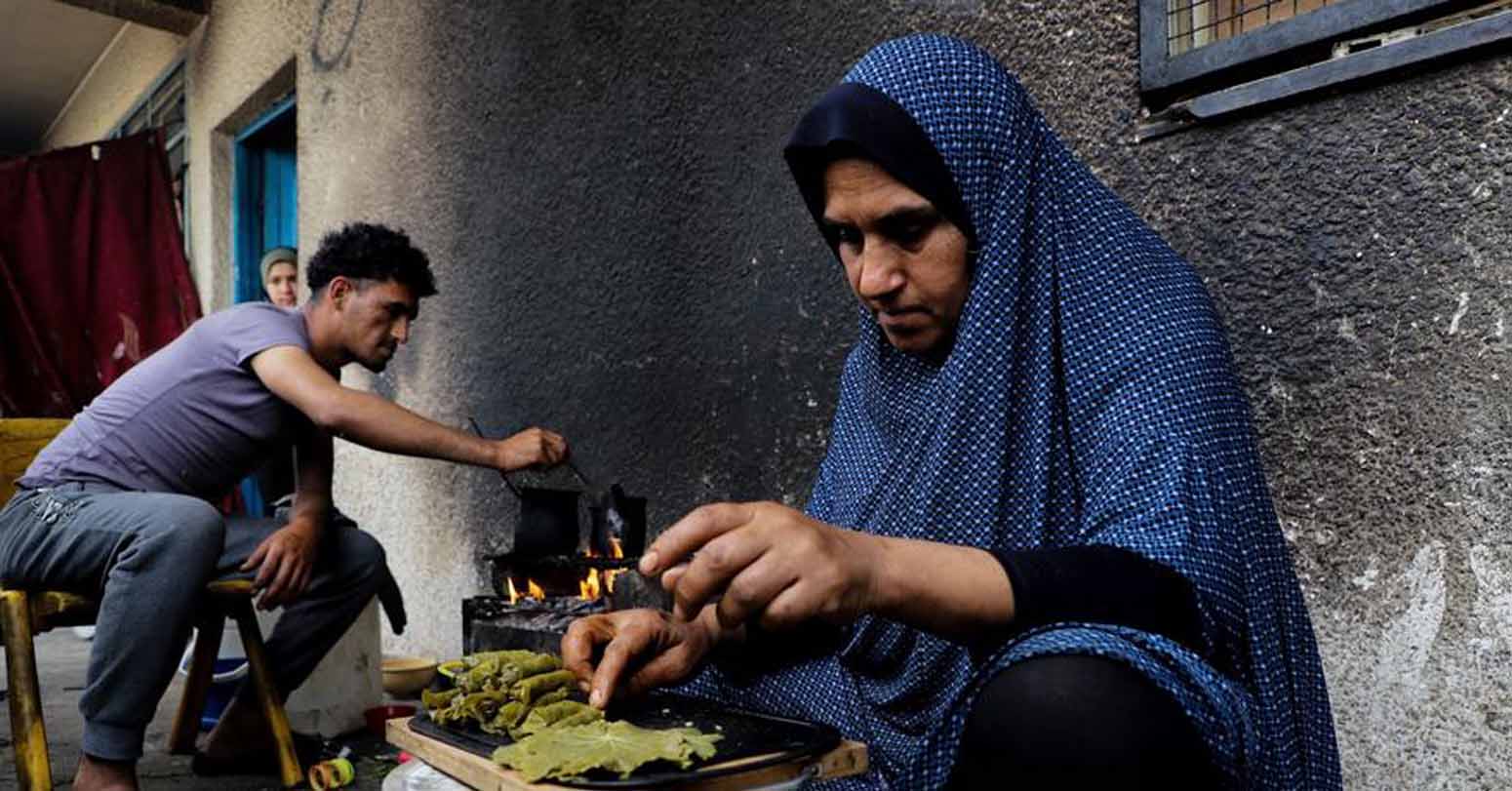


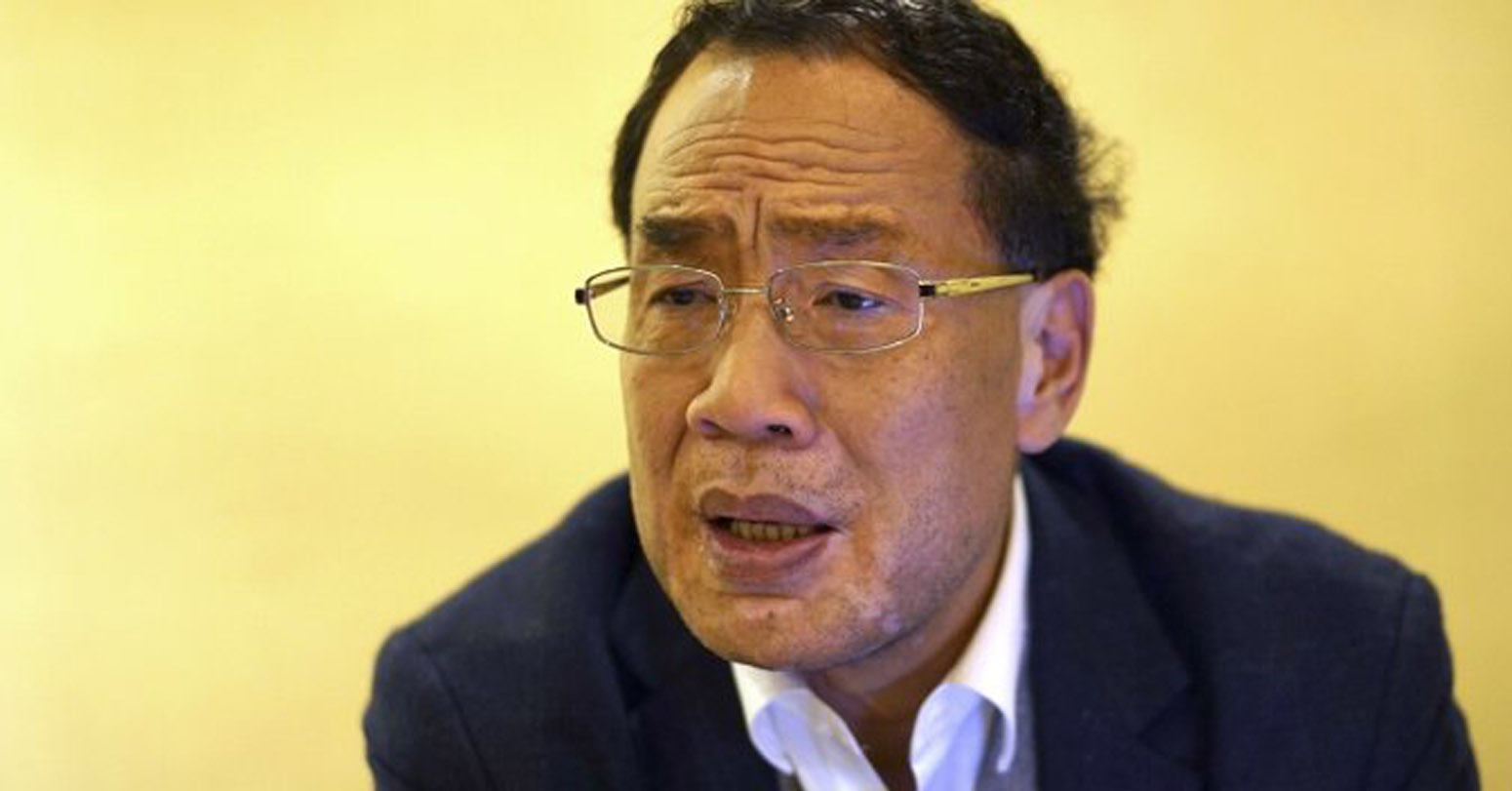



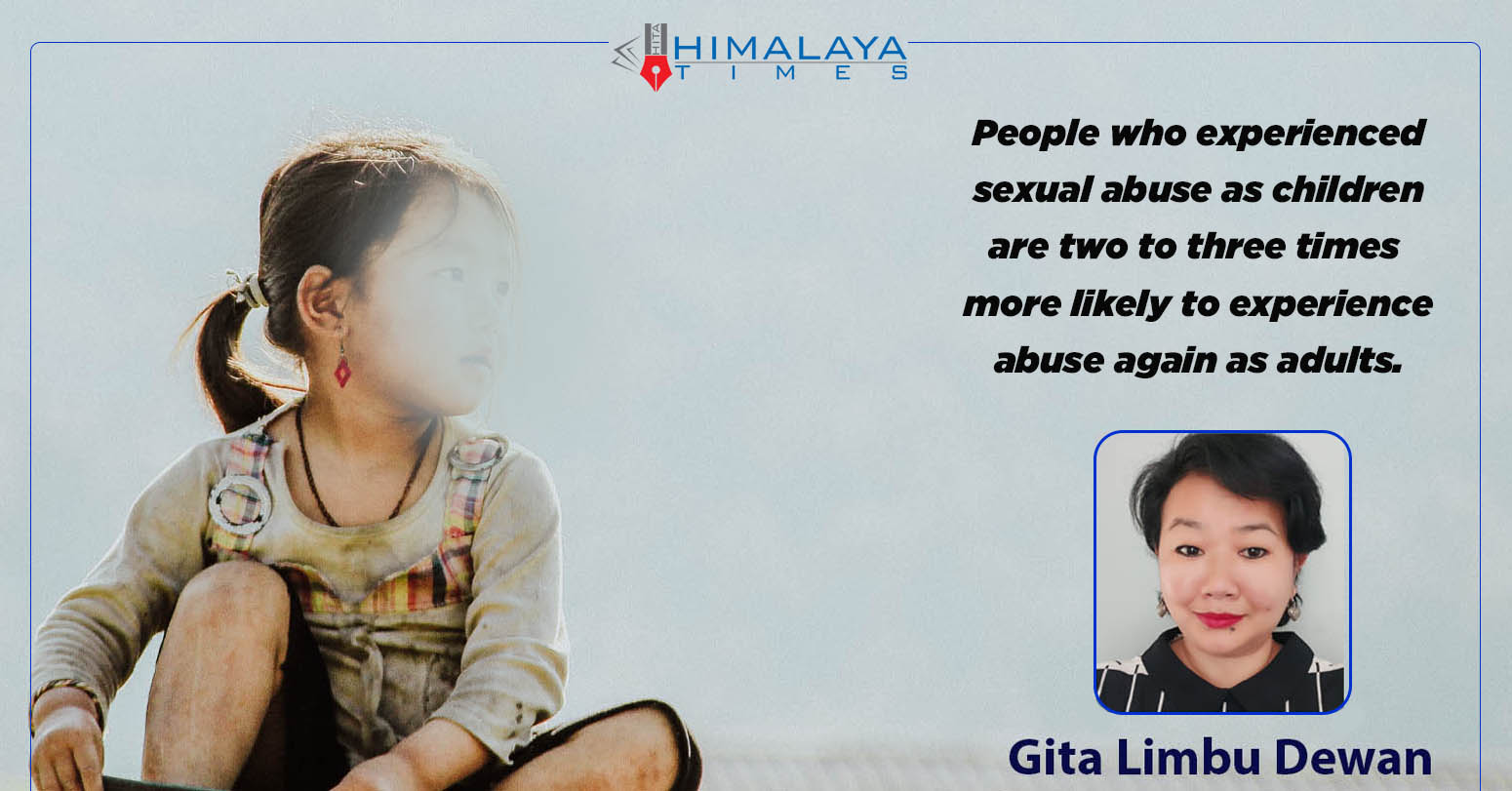
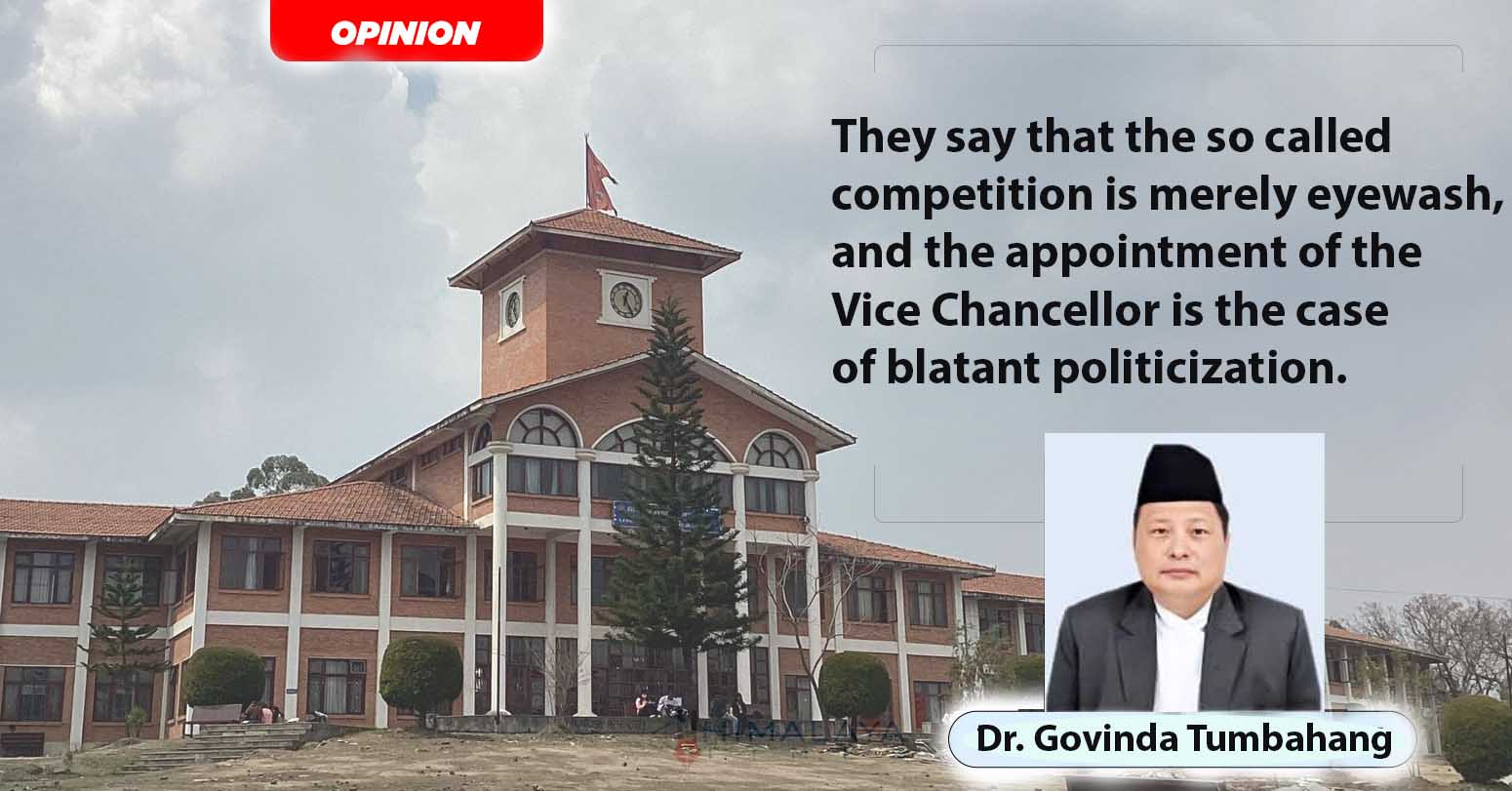


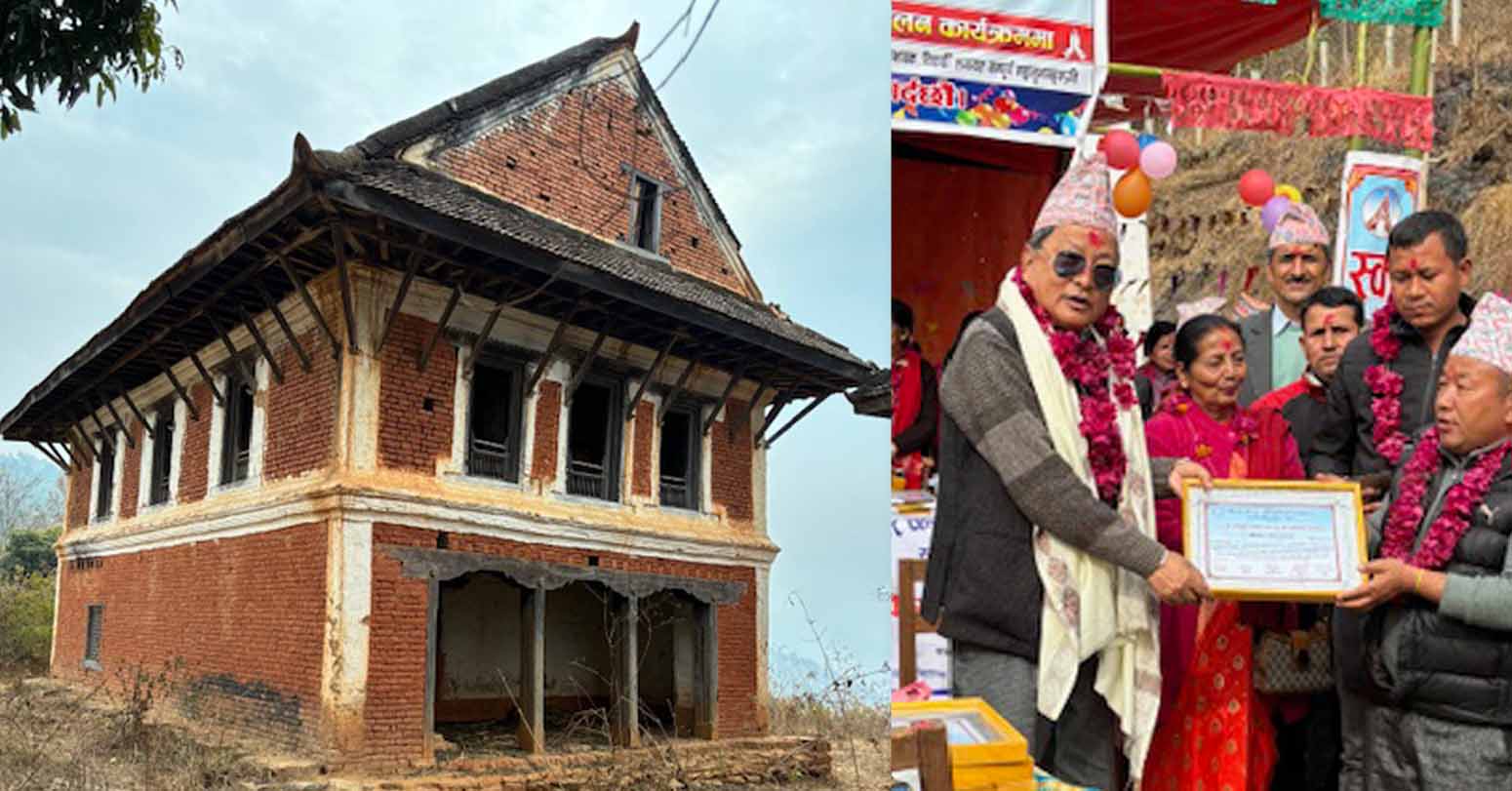


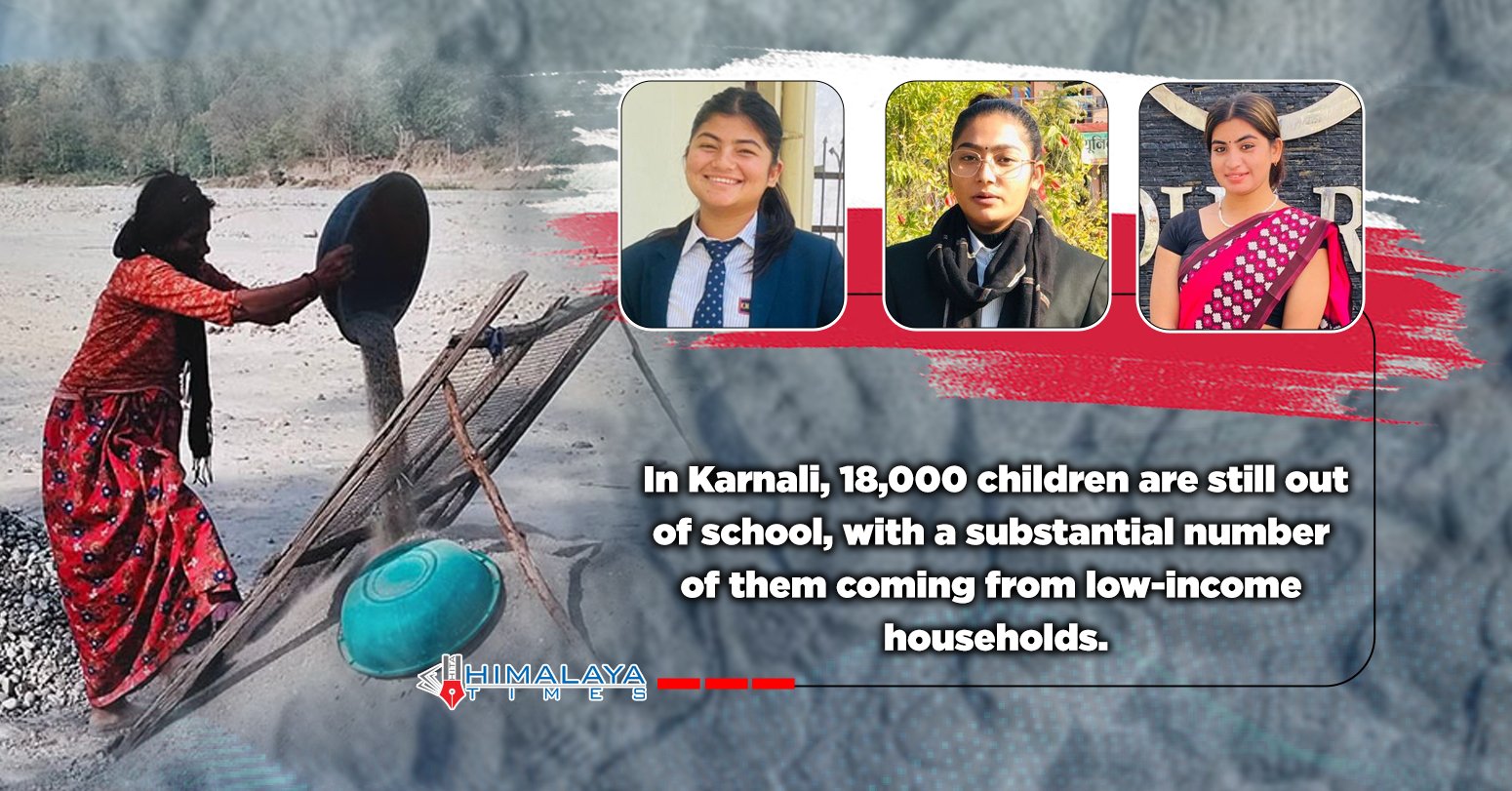
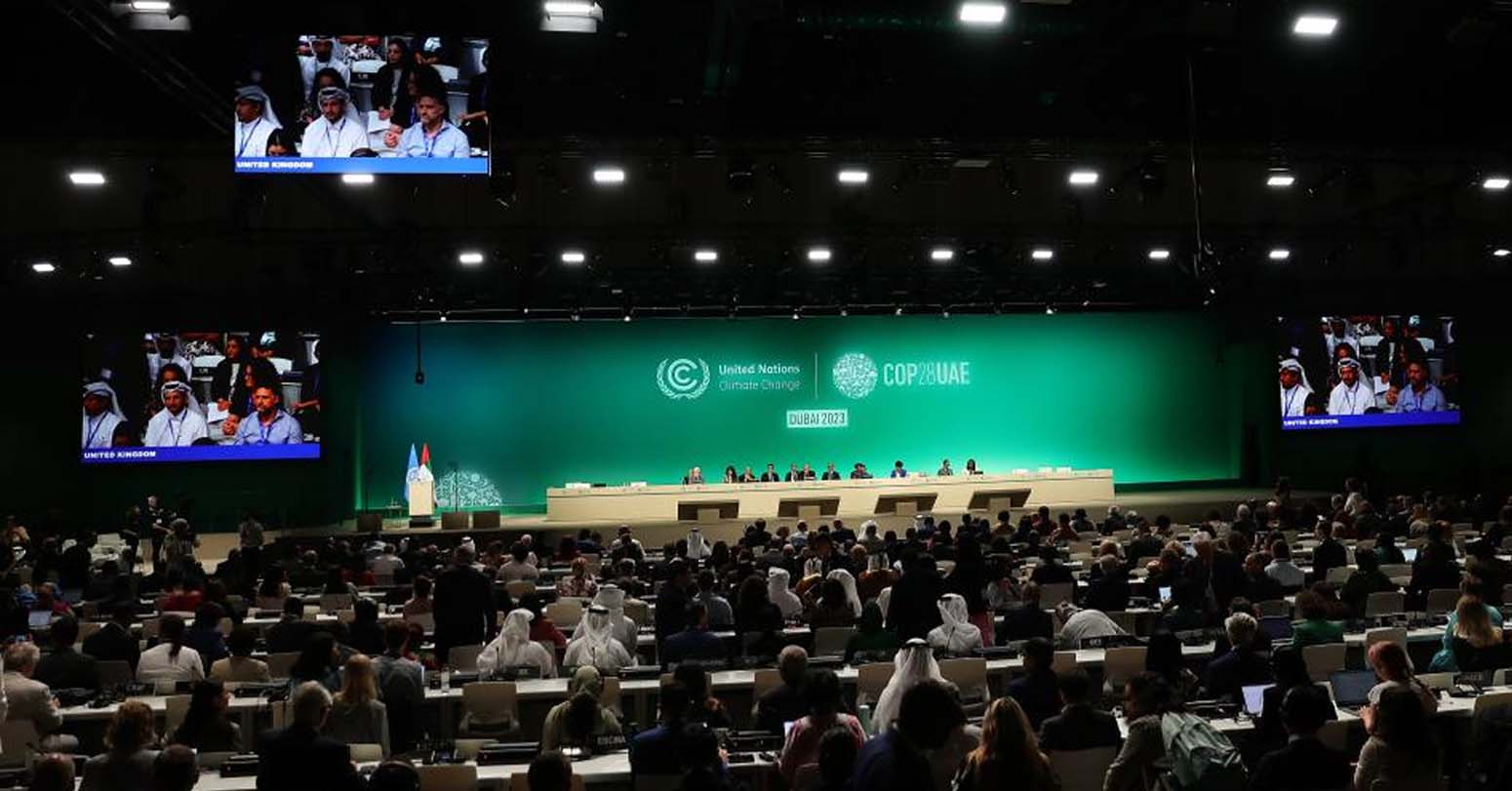
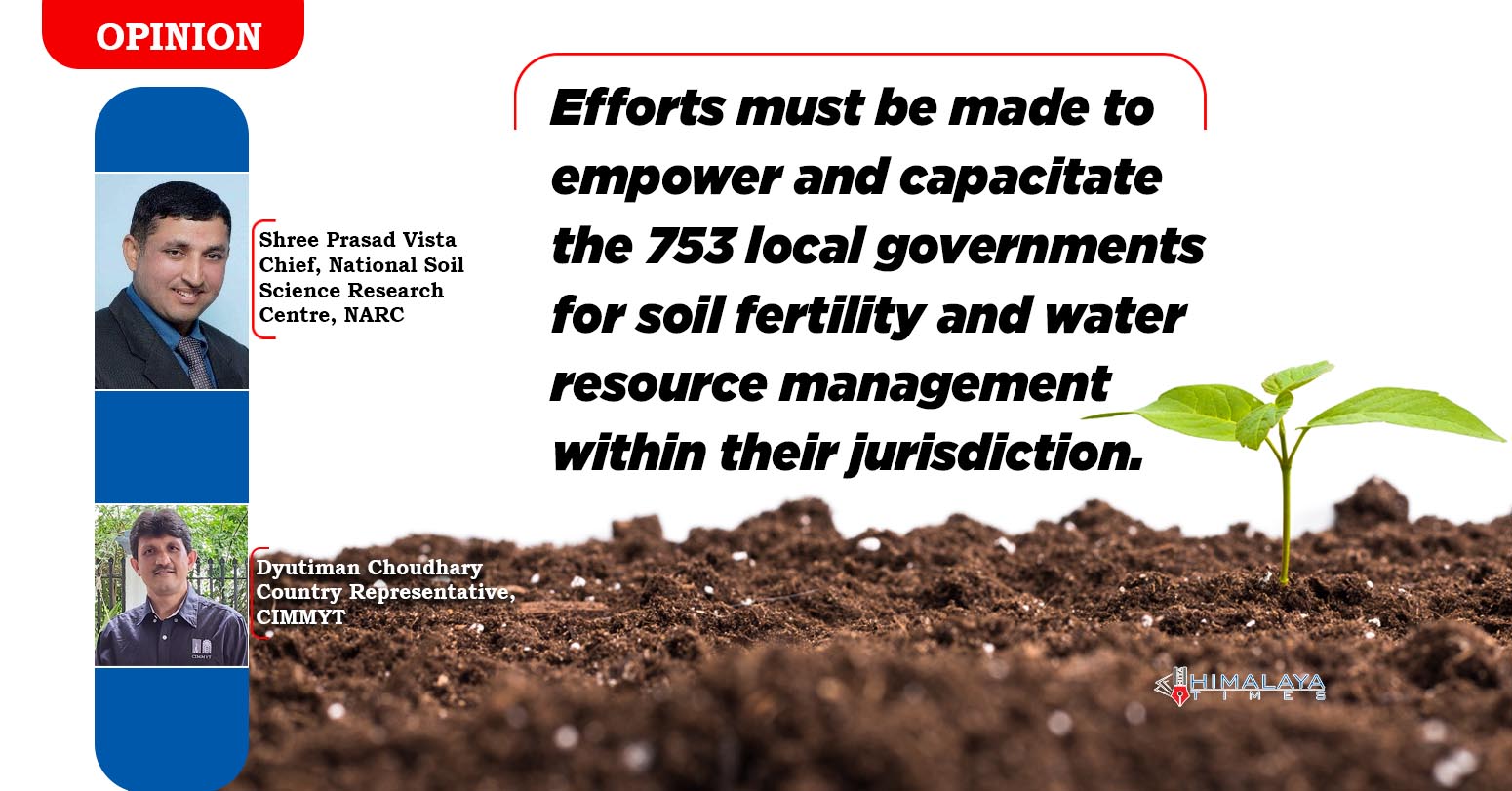

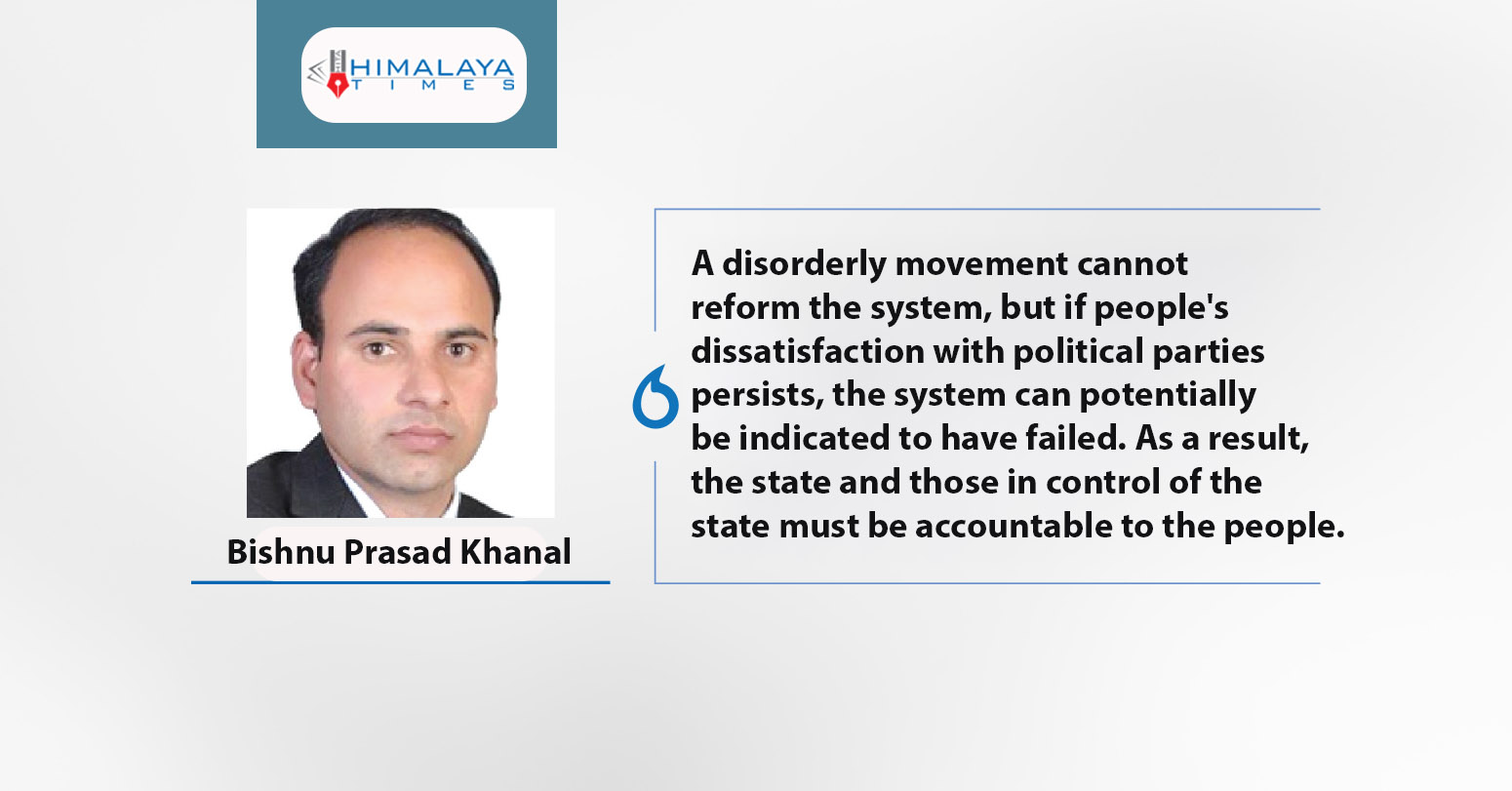
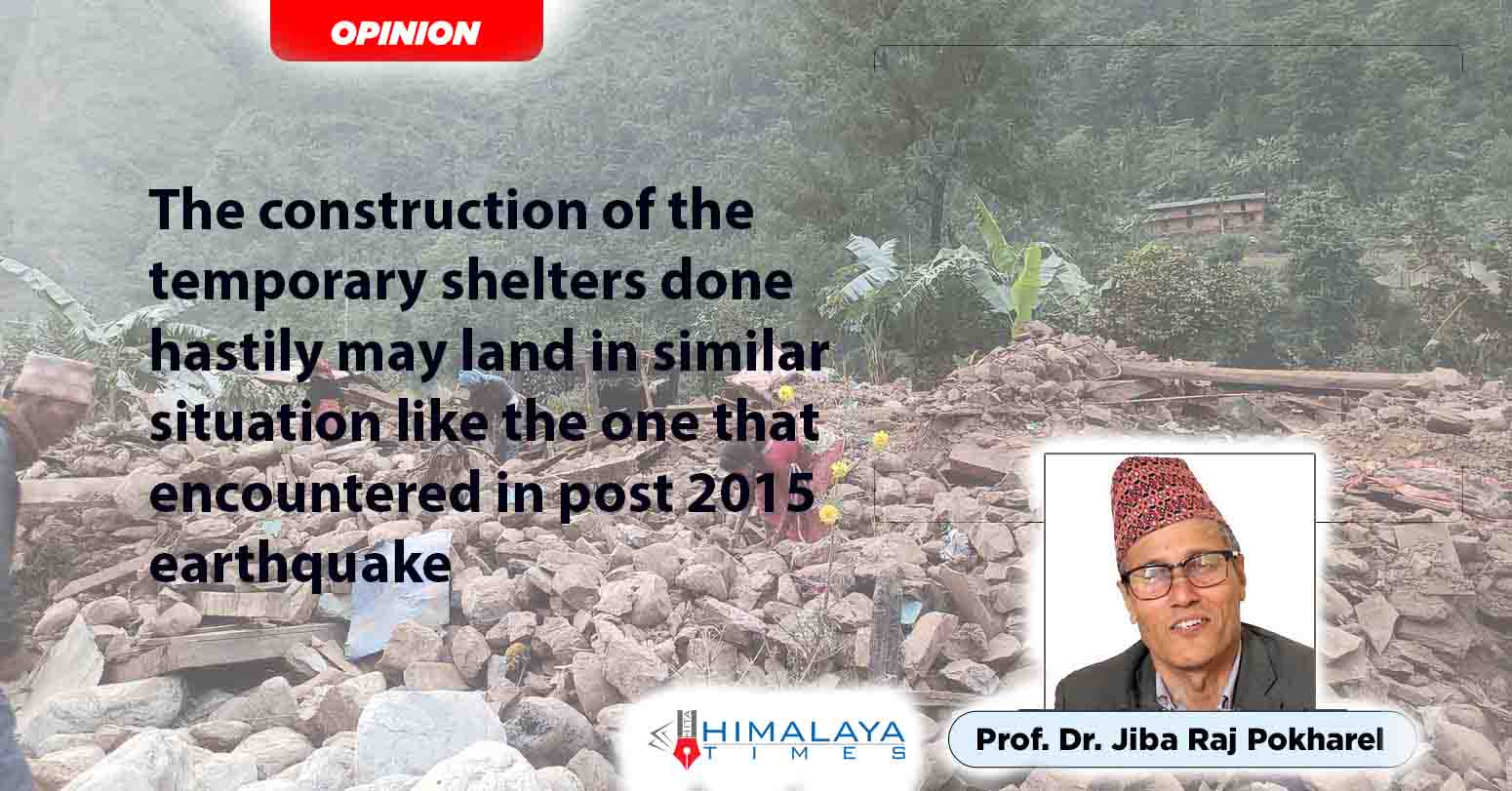
Comprehensive Data Protection Law Critically
Gender Differences In Mental Healthcare
Messi Wins Best FIFA Men’s
Erosion of Democracy
Fly Dubai Catches Fire in
“Complexities of the South Asian